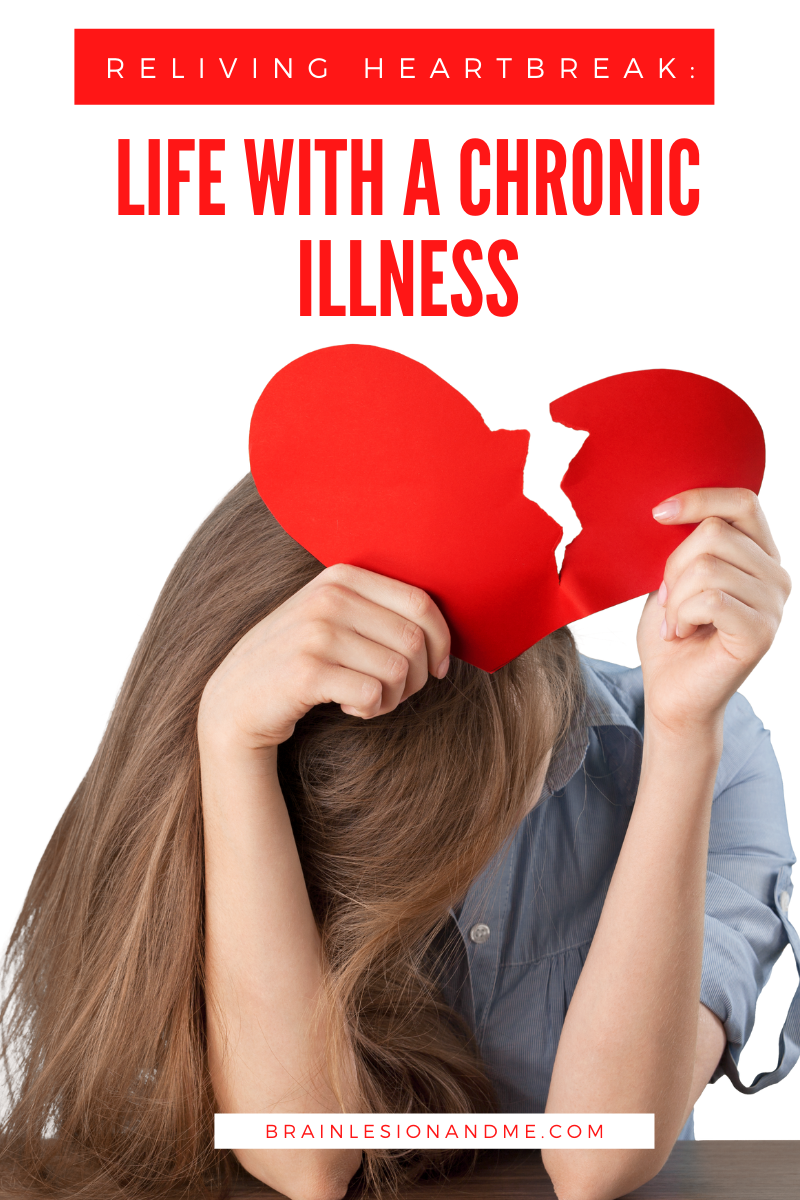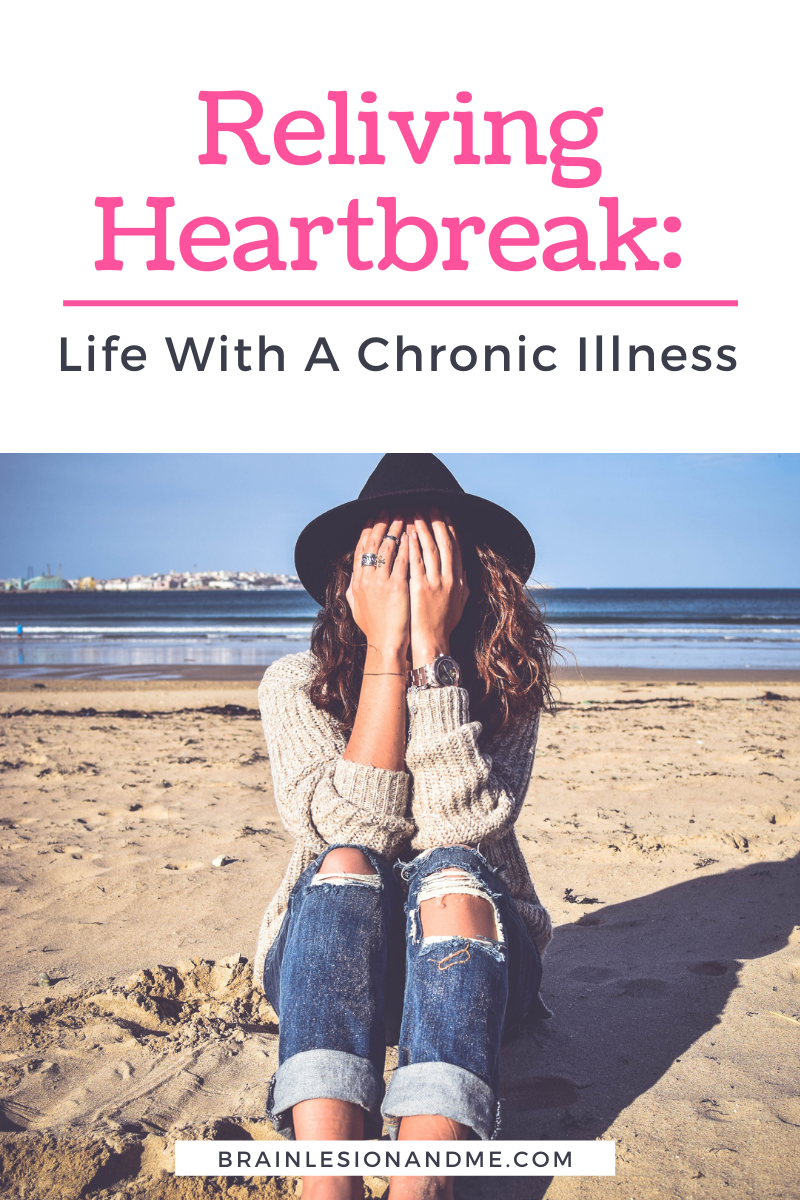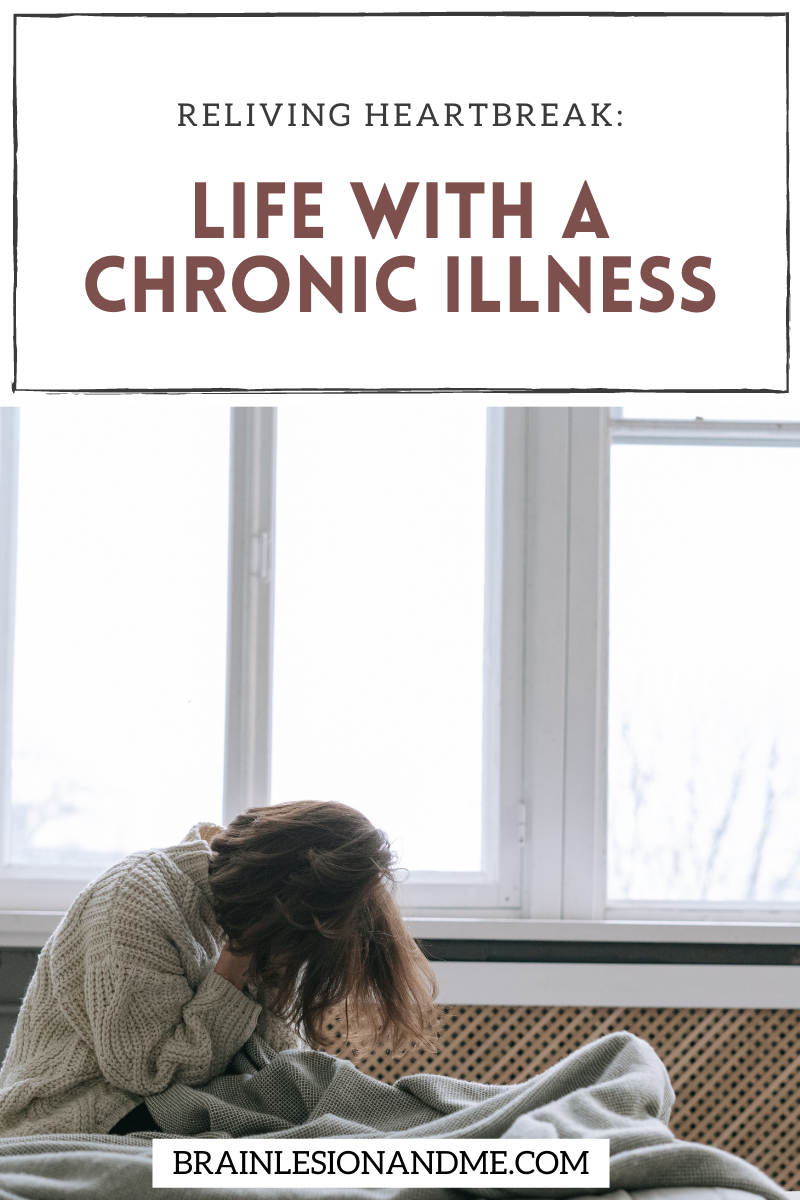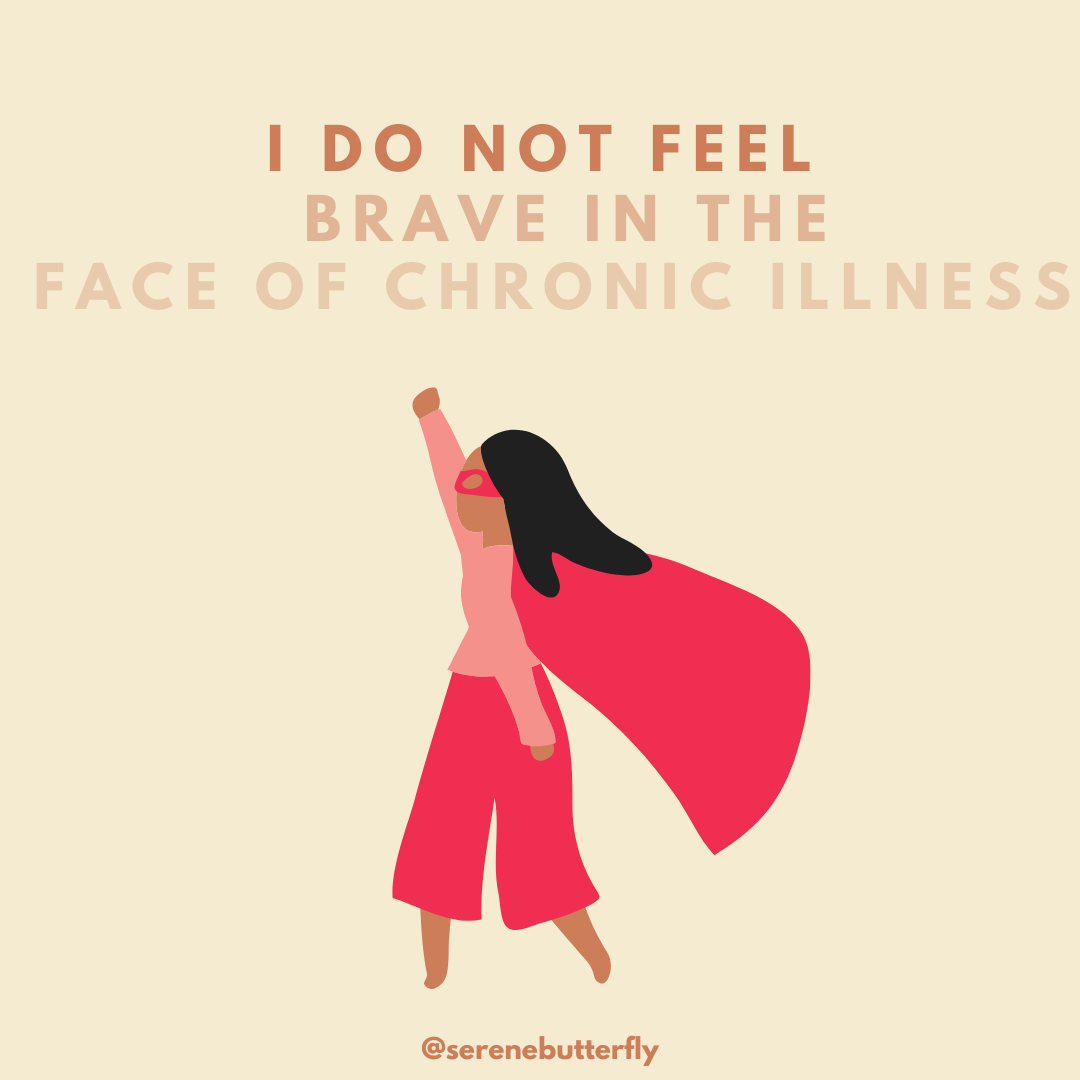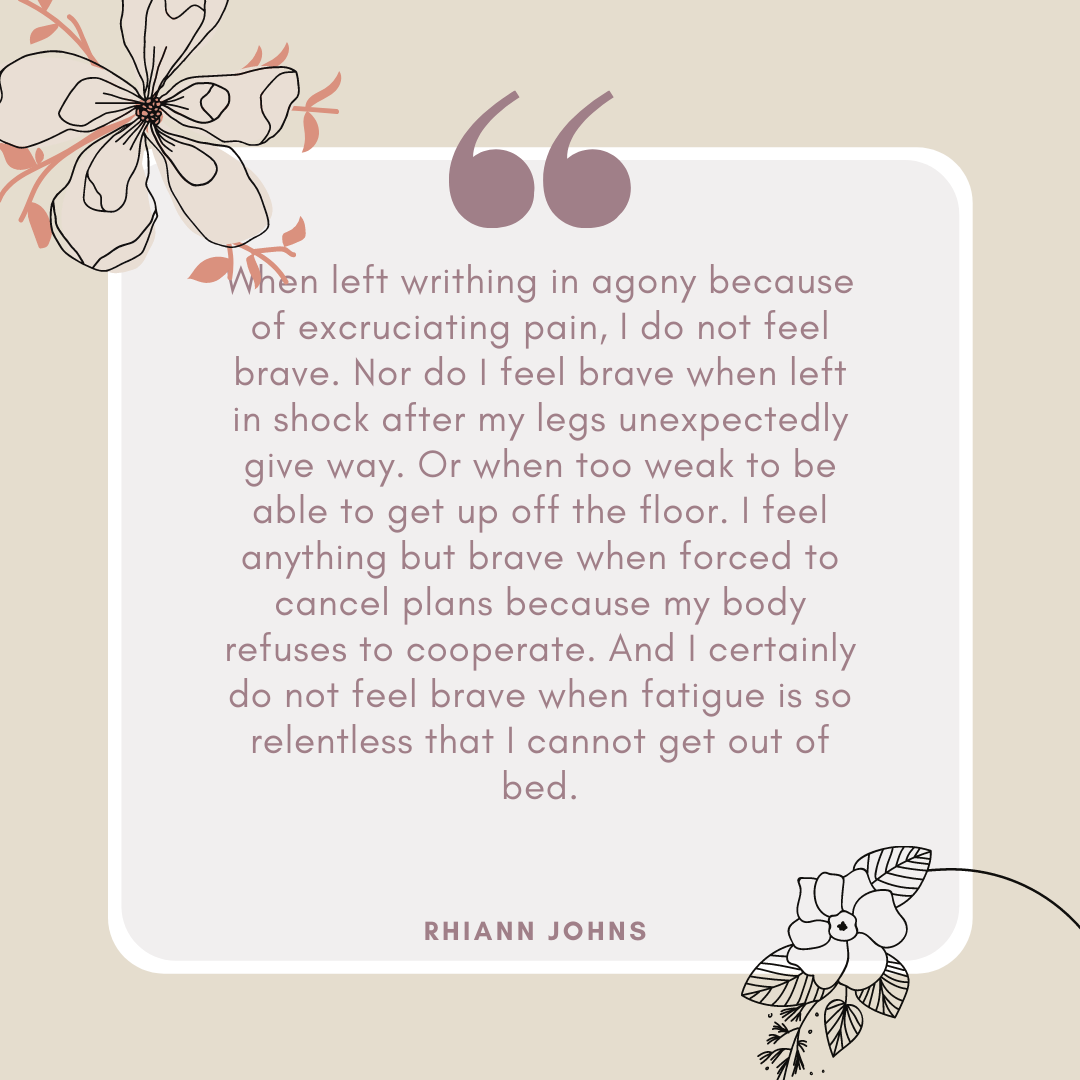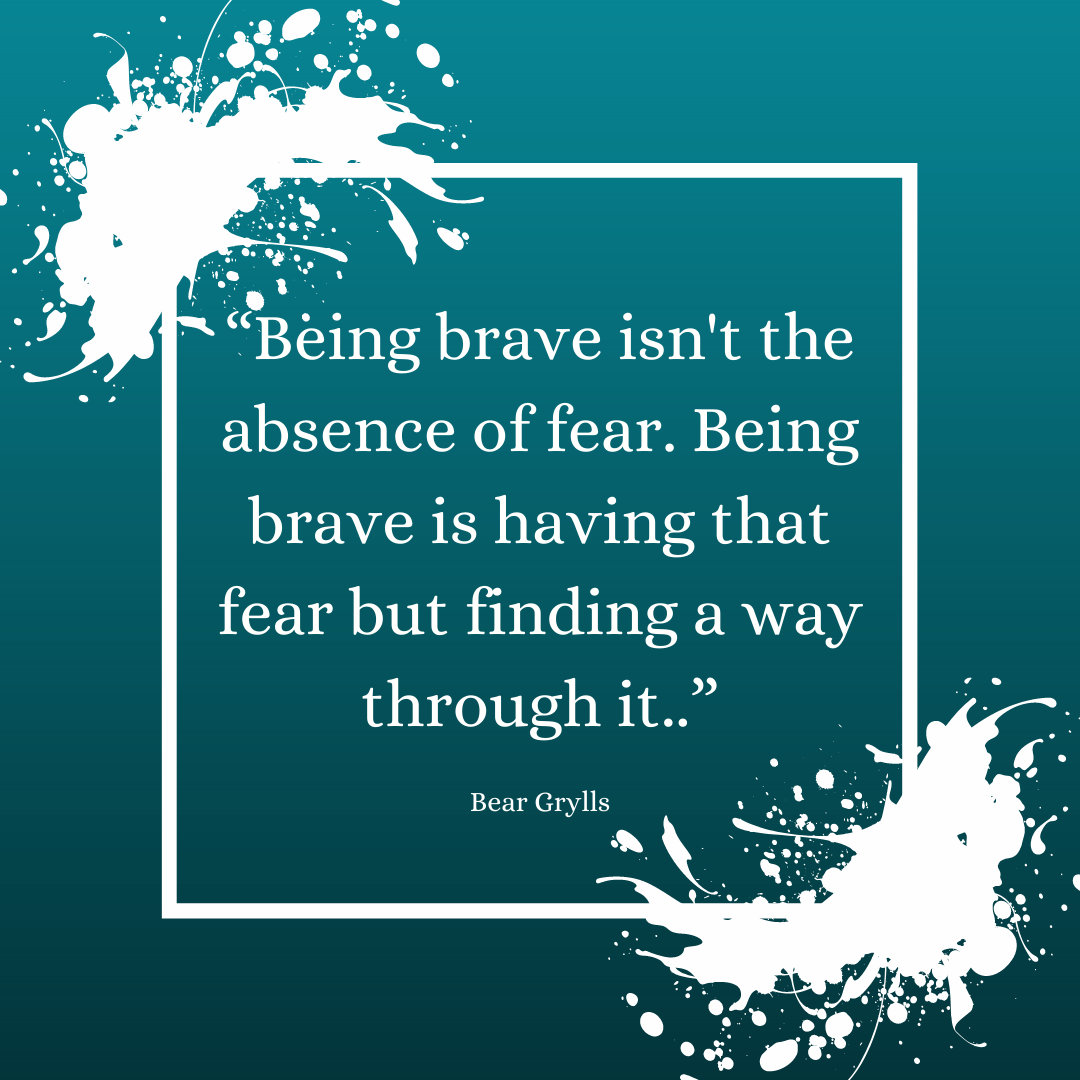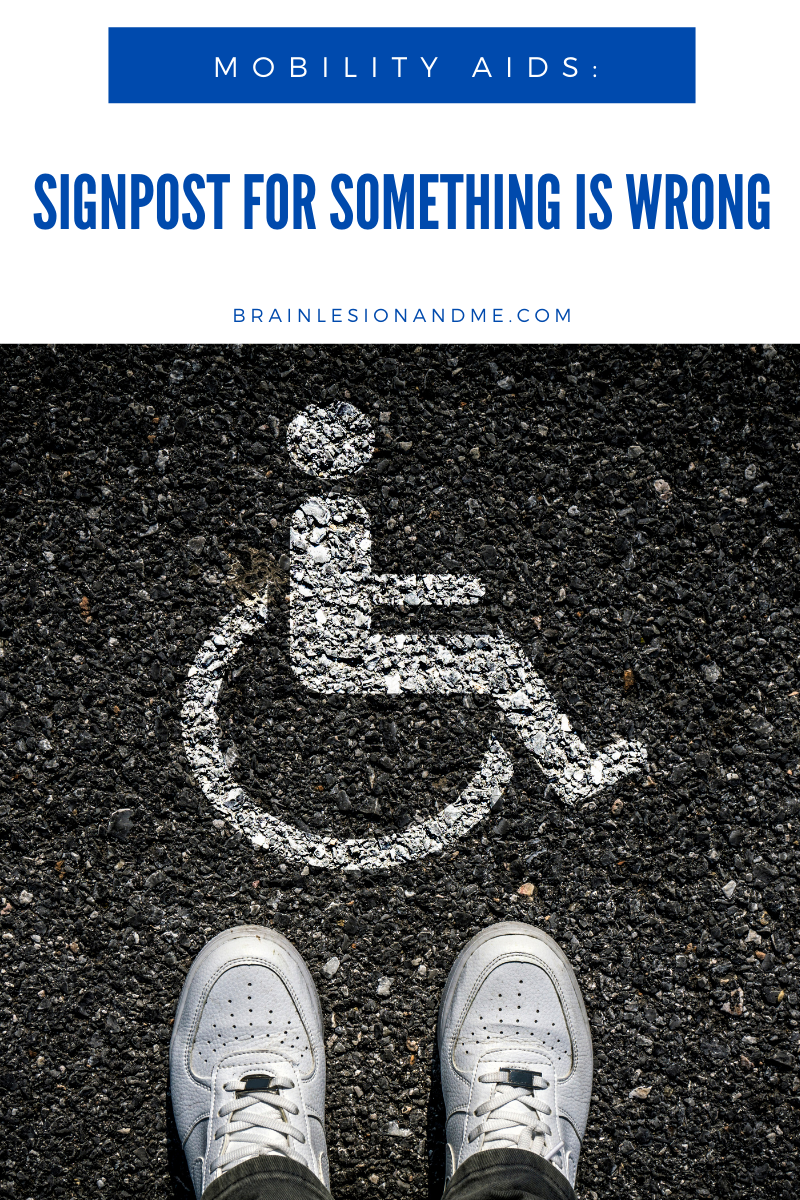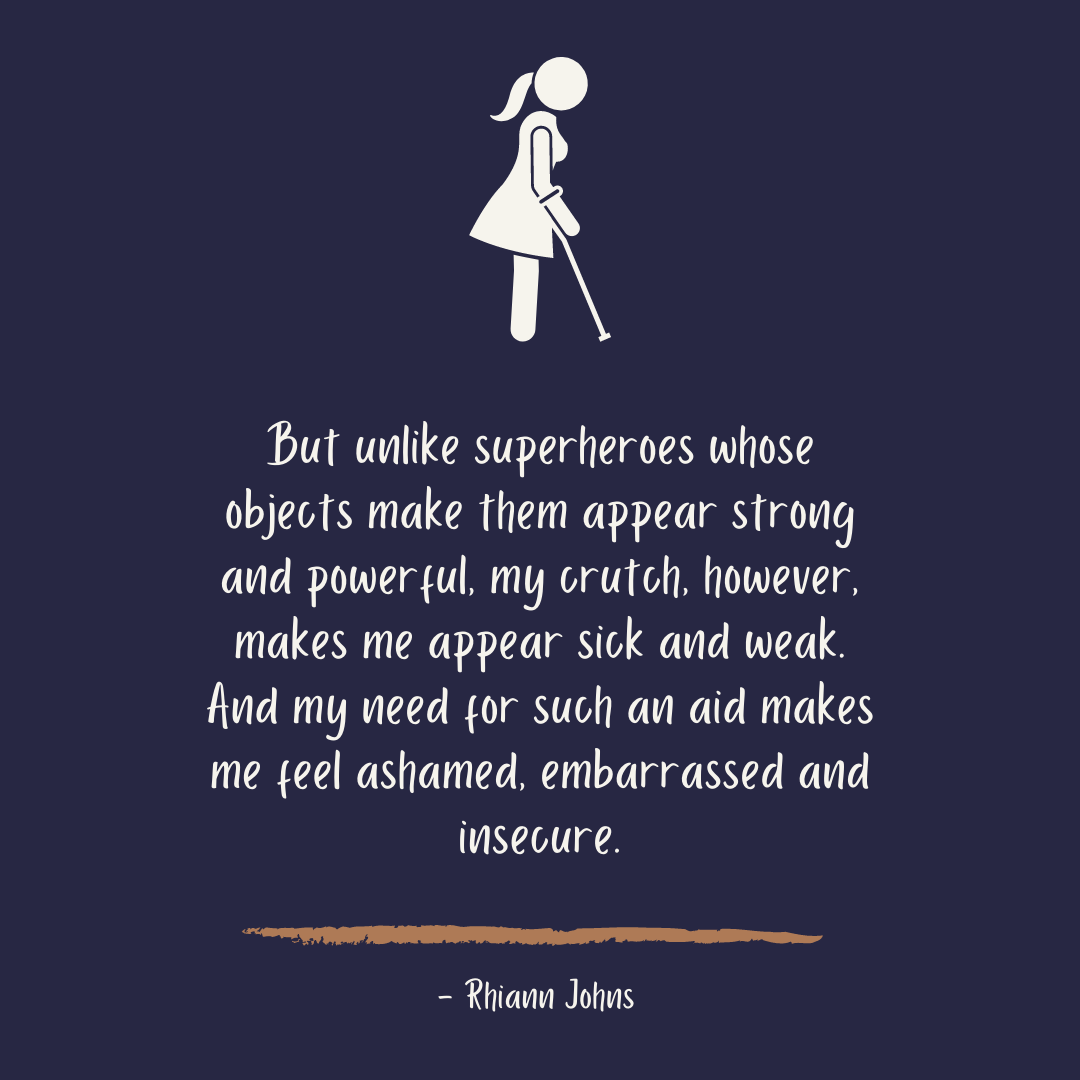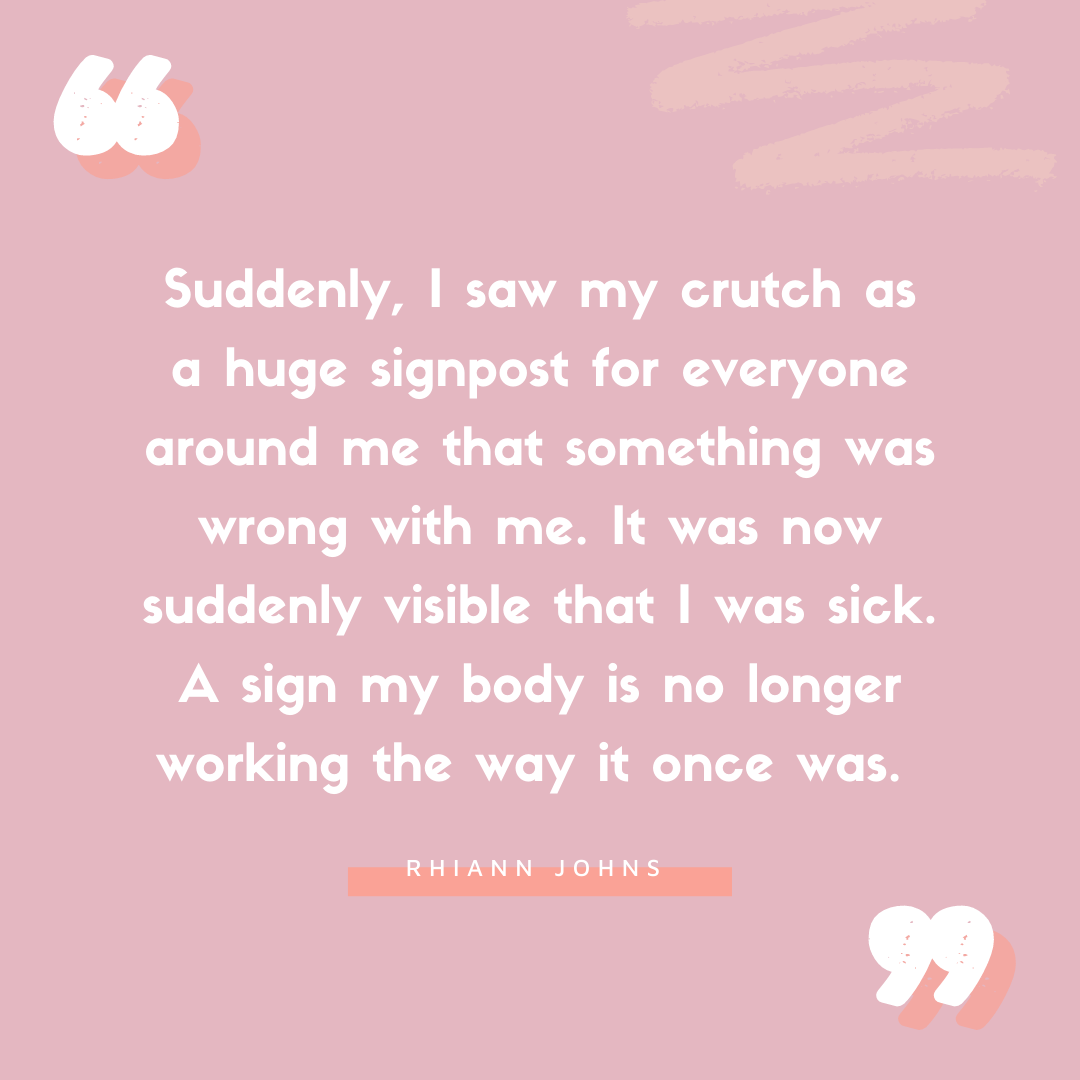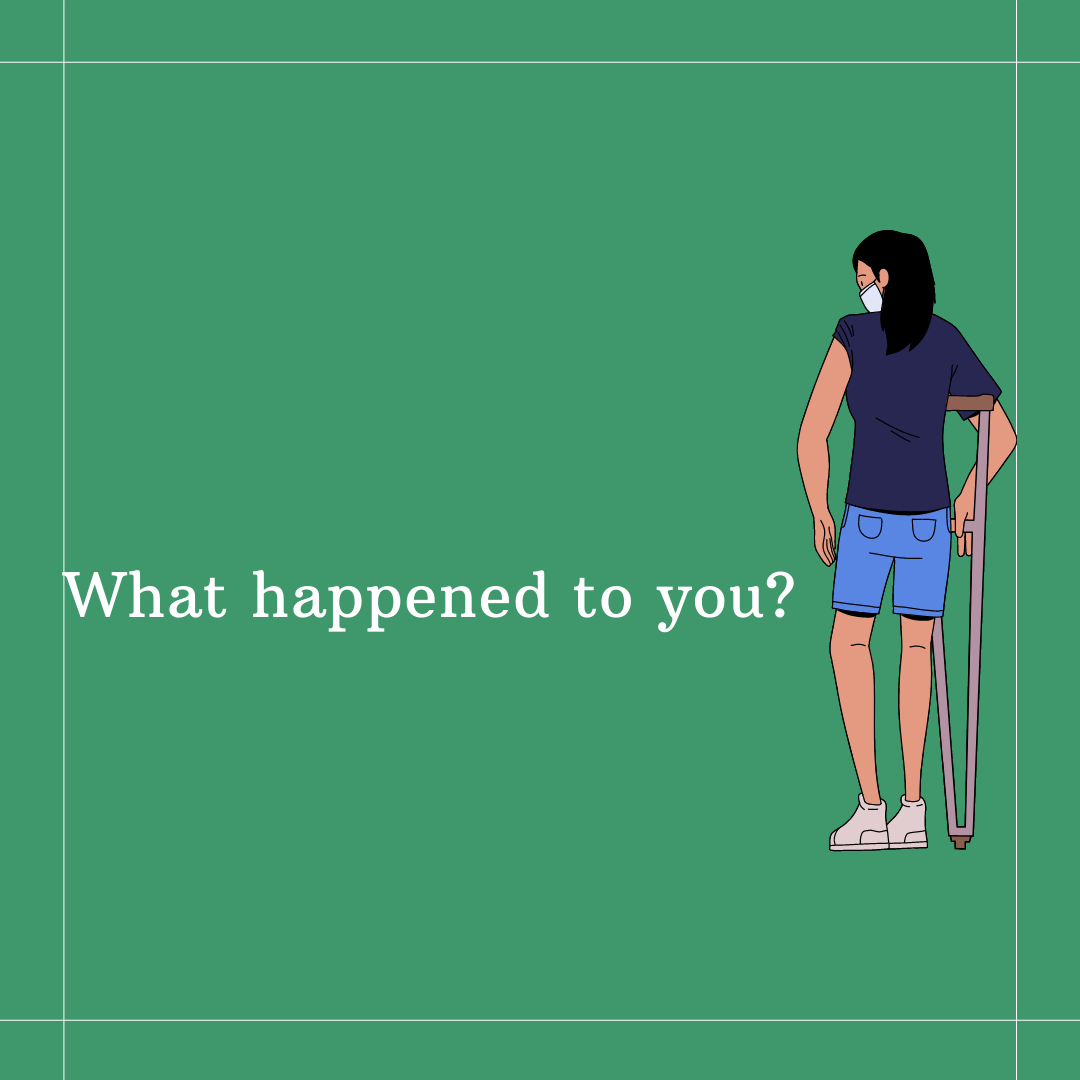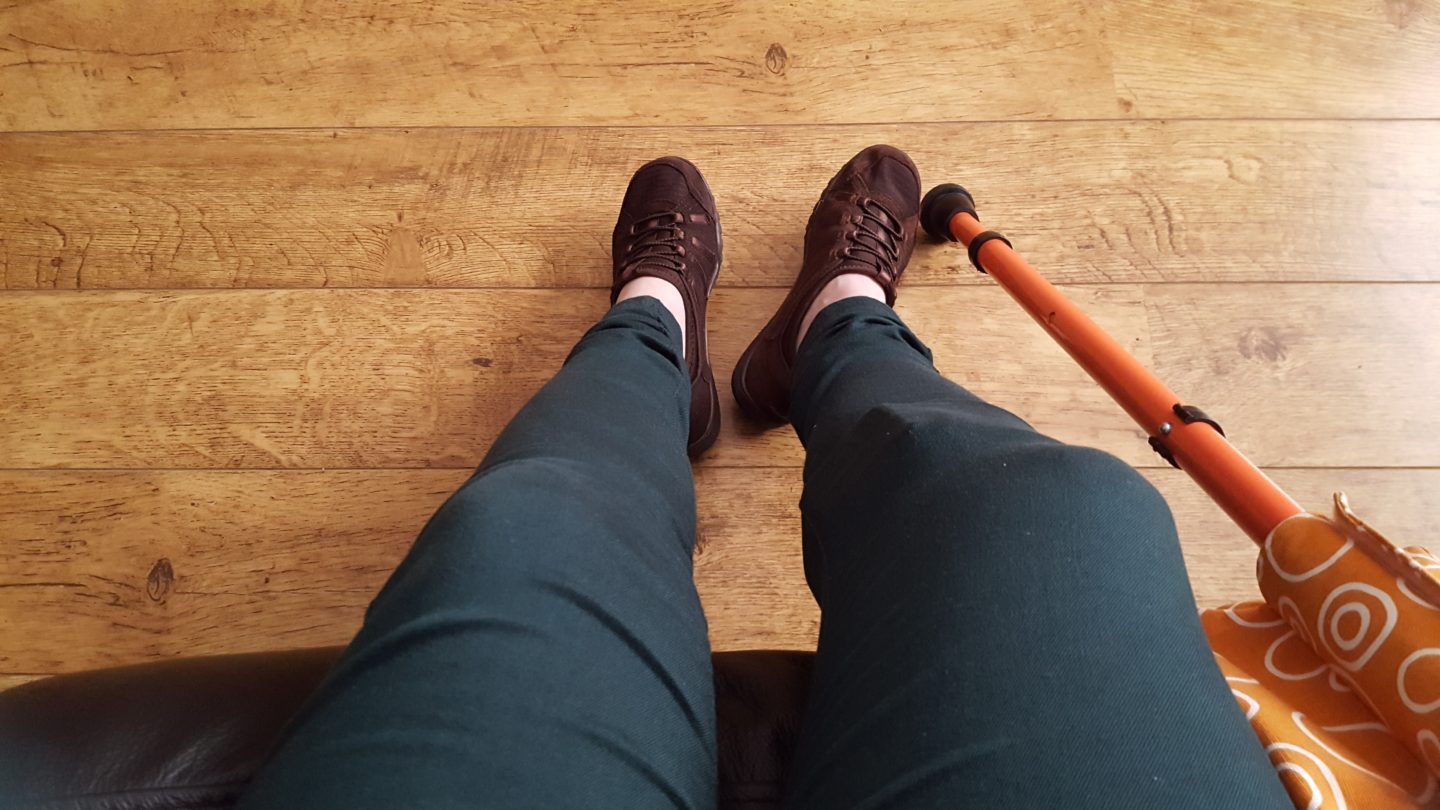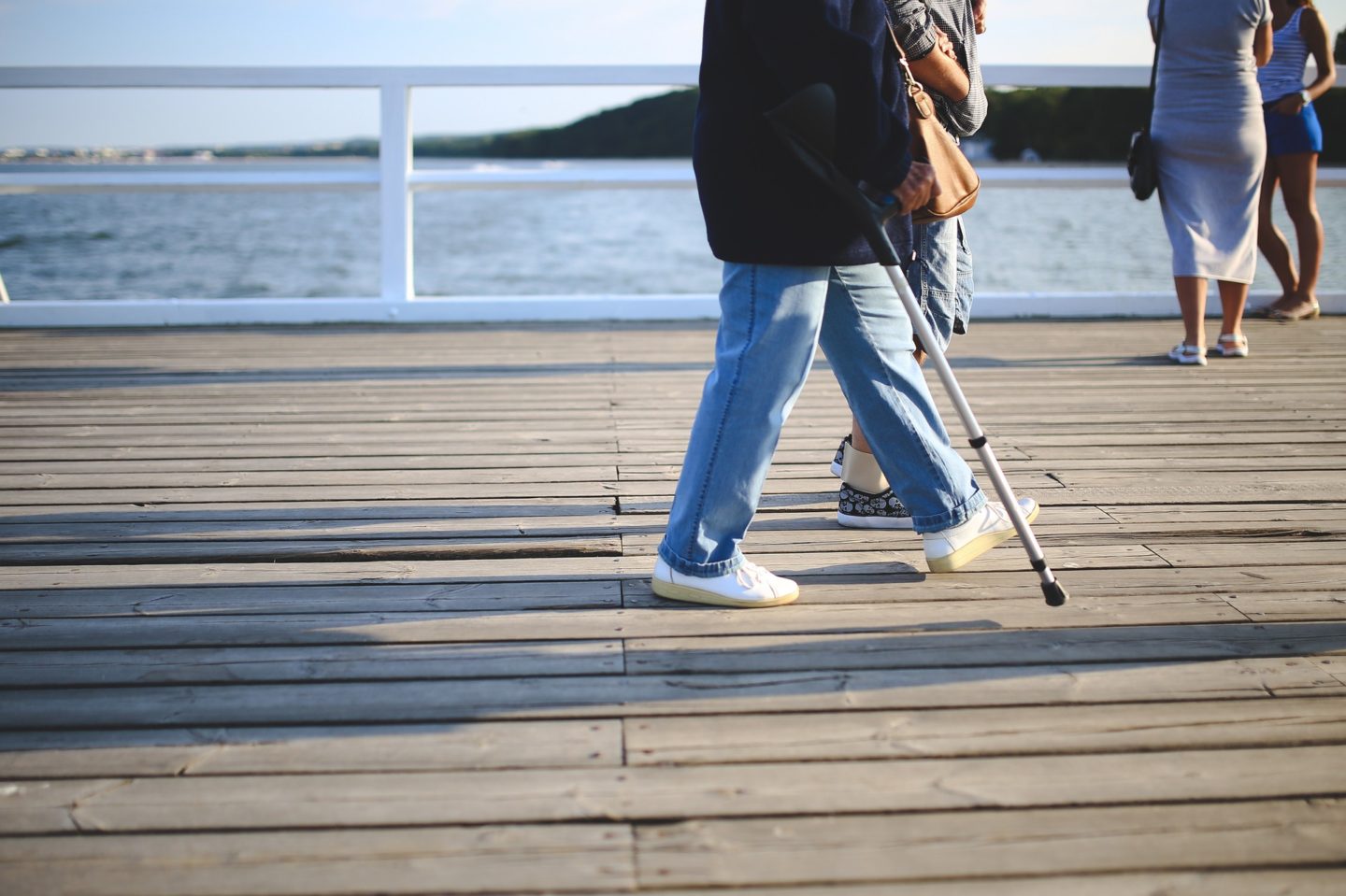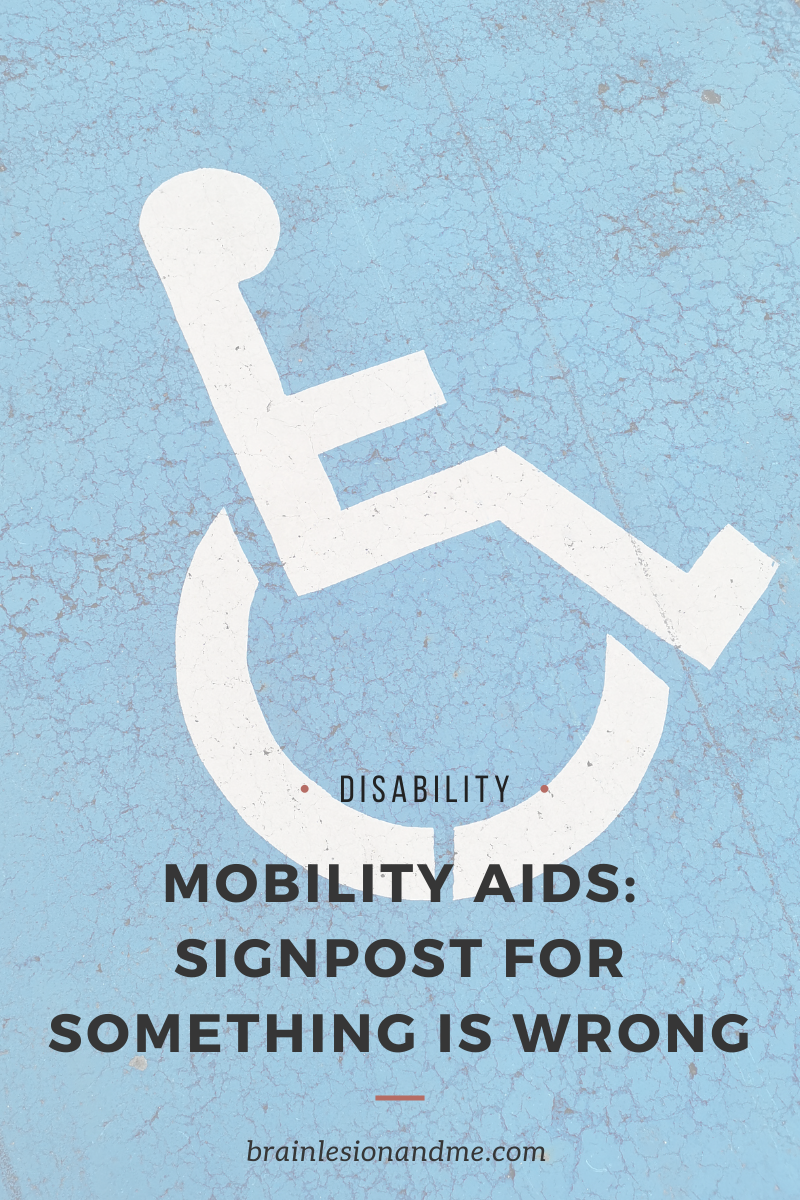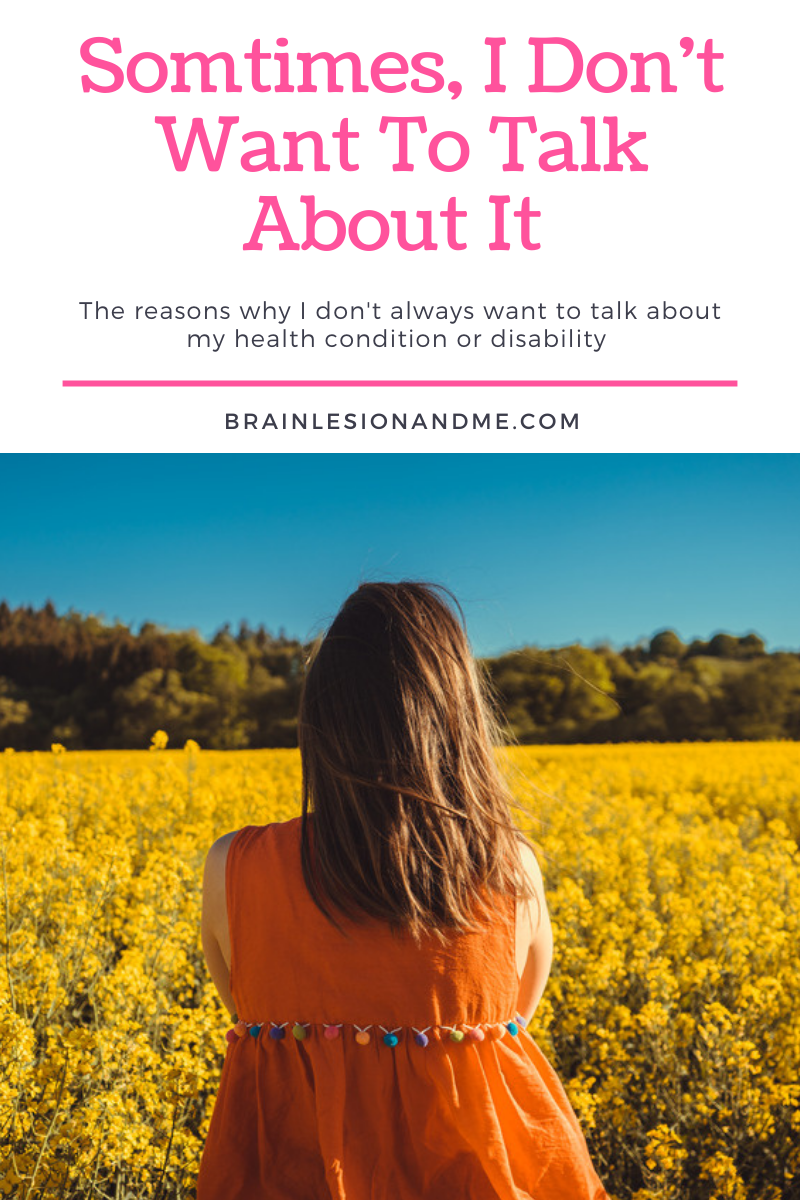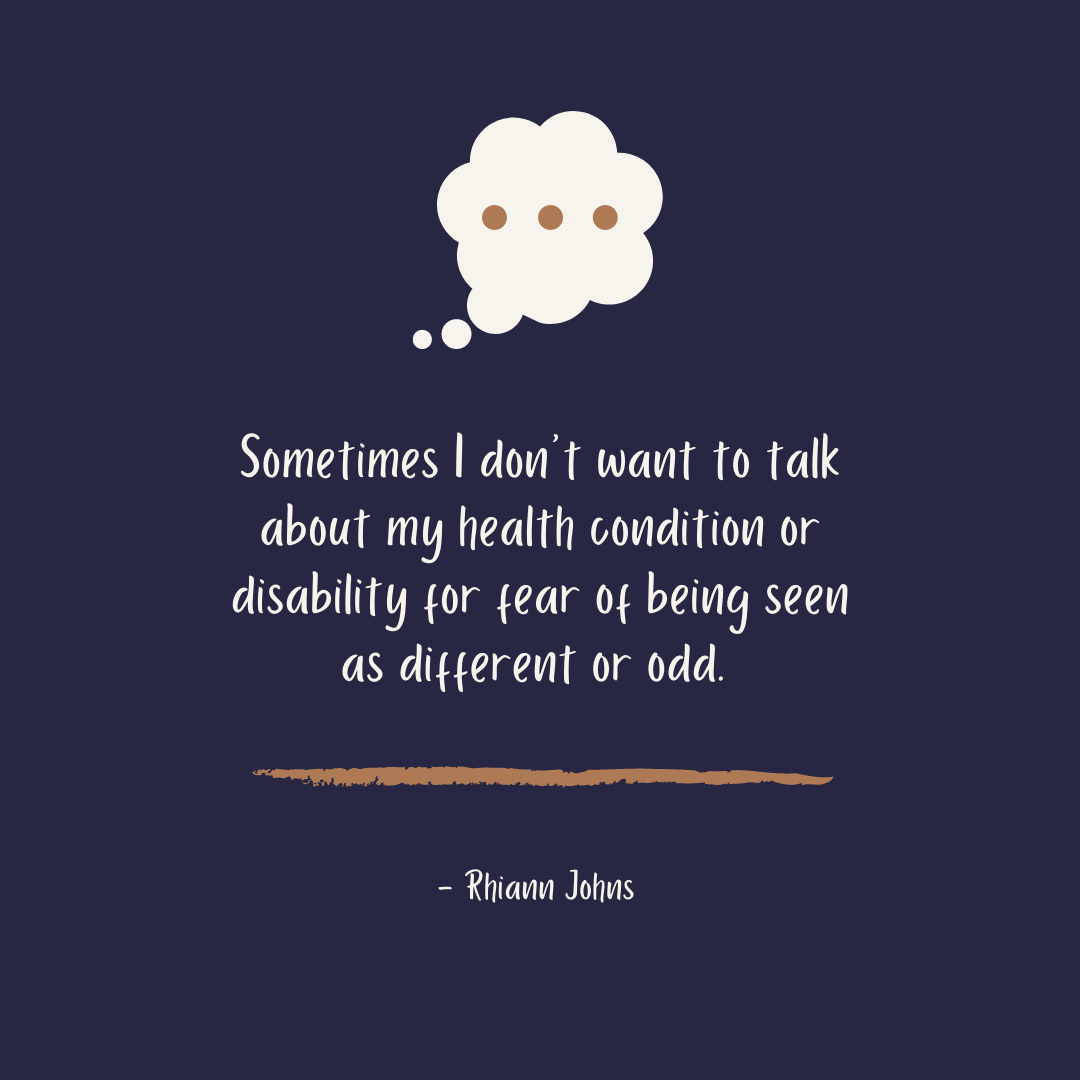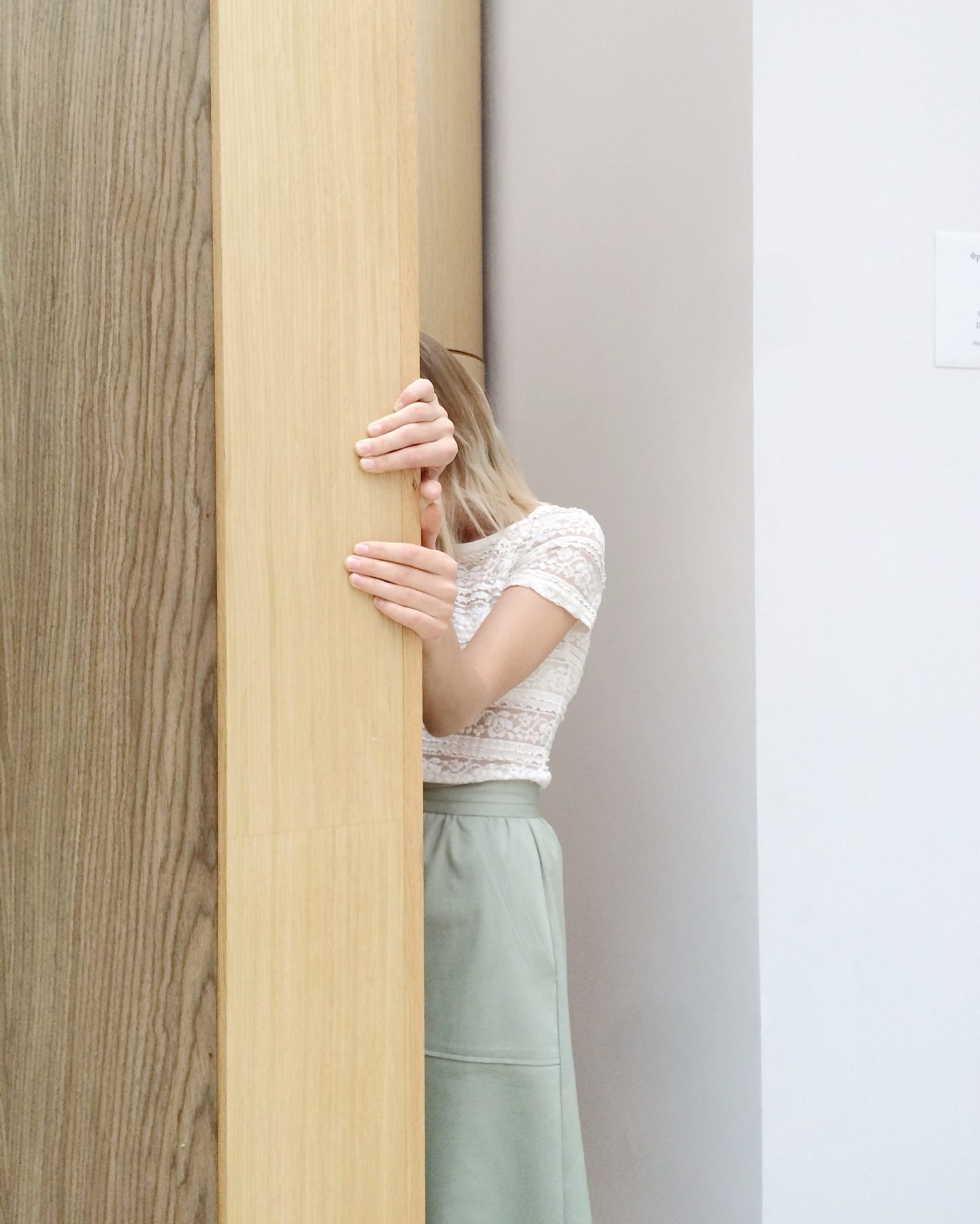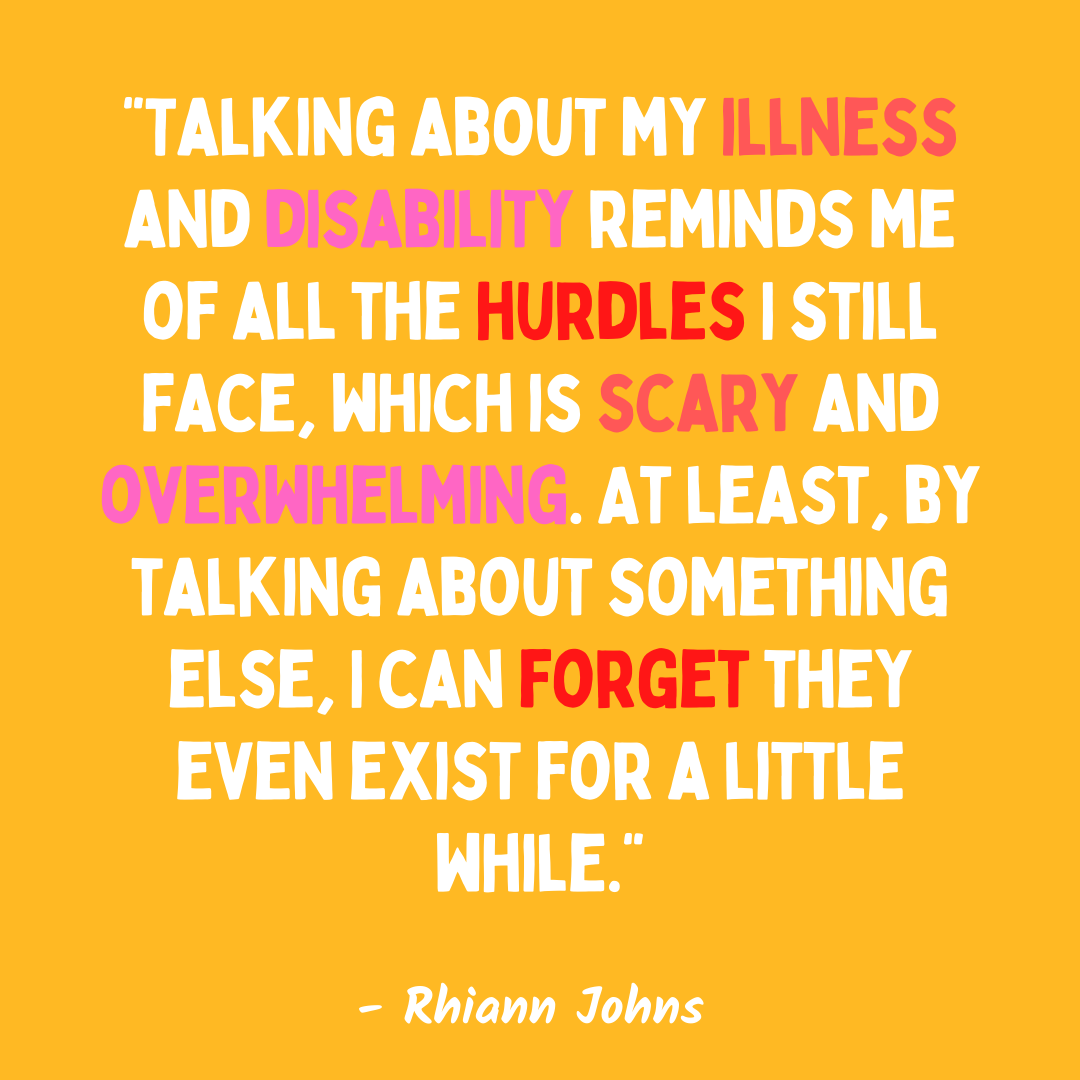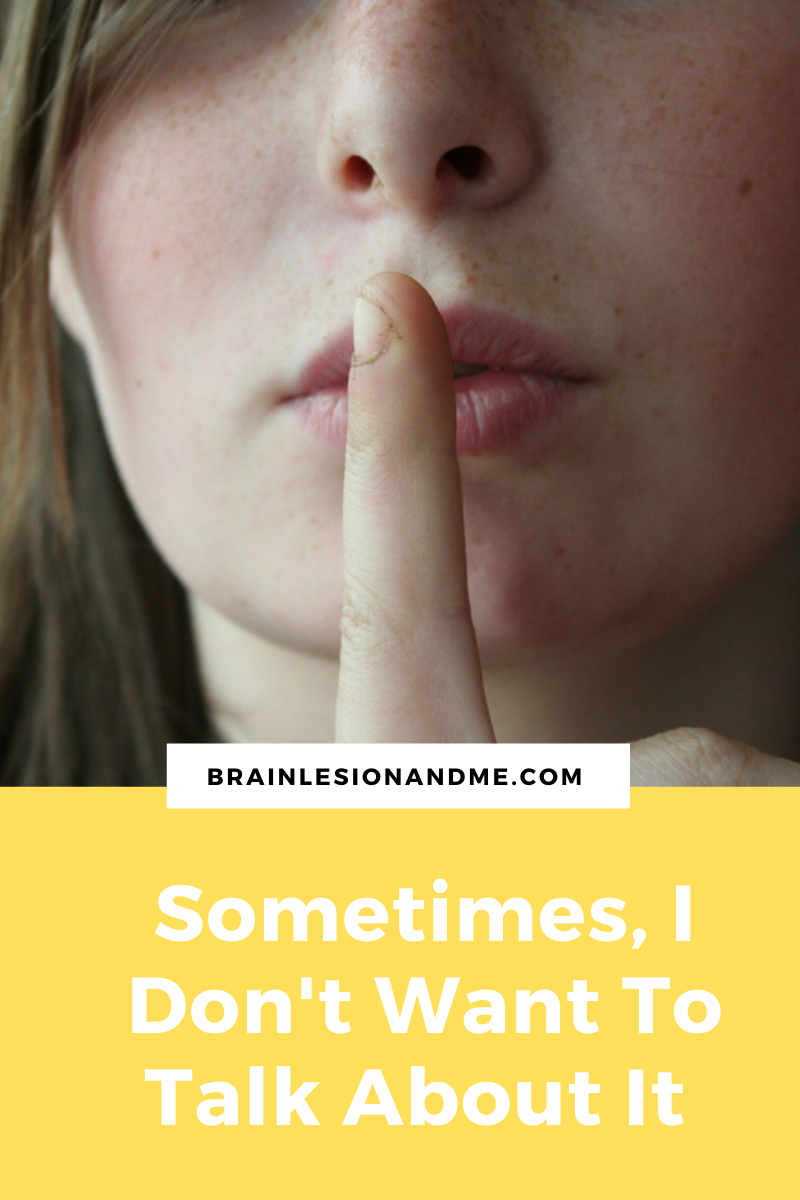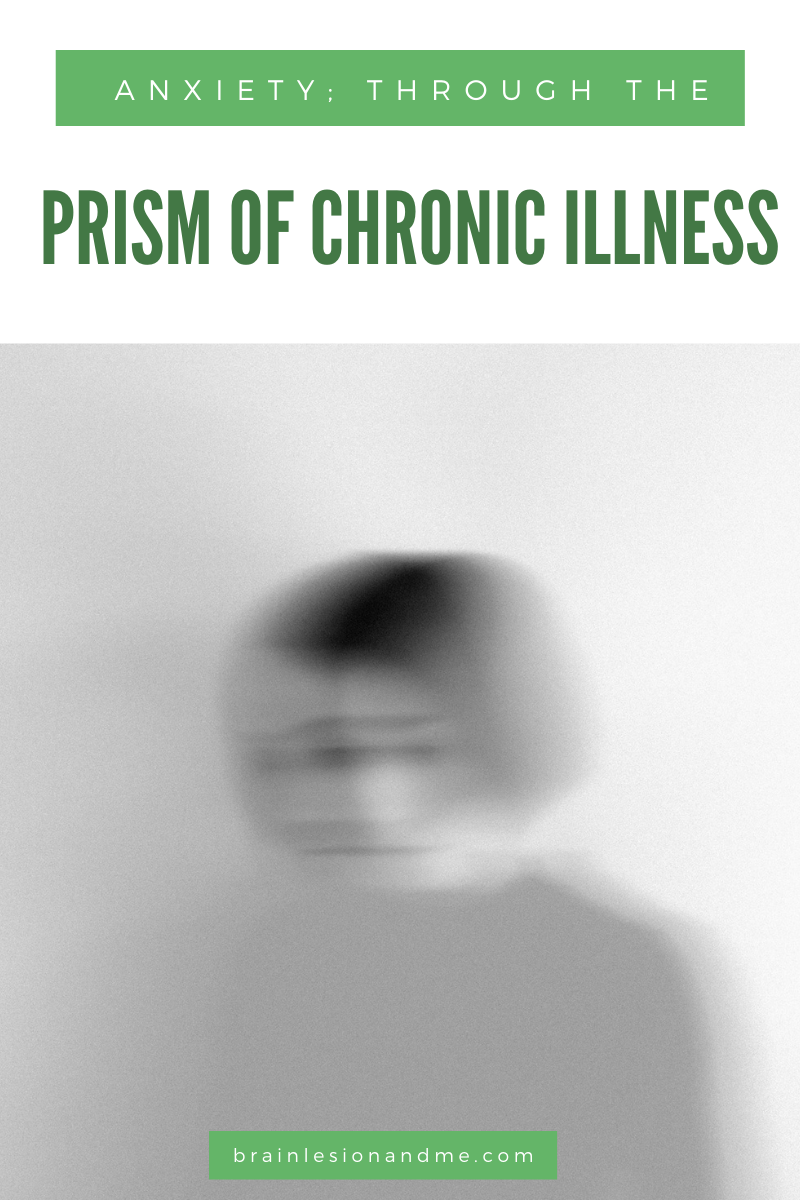“The true heartbreak of living with chronic illness is being forced to relive the worst moments of it over and over again”
I am an avid reader. I love nothing more than to sit and devour the latest bestsellers. Unfortunately, at times disabling symptoms that accompany chronic illness prevents me from doing so. Blurred vision, dizziness and intense, crippling pain all make reading near impossible. But still, I am grateful for the times I able to find pleasure in the pages of a good book. Recently, I have been able to find joy in reading once again. At the moment, I am seemingly choosing stories of love, romance, and heartbreak. Much of the books I have selected recently seem to revolve around heartbreak, much to my bewilderment.
Perhaps I gravitate towards such books because I resonated with their themes. These books resonated with me as I am no stranger to heartache. My heartbreak may not be the same as those I read about in the books stacked on my bedside table, but I do often experience it. My heartbreak comes not from a break-up or losing a job, or a fallout with a friend. No, instead, my heartbreak stems from living with chronic illness.
"My heartbreak may not be the same as those I read about in the books stacked on my bedside table, but I do often experience it. My heartbreak stems not from a break-up but from living with chronic illness." Click To TweetHeartbreak is often temporary. A brief, intense sadness in which we allow ourselves to wallow in self-pity, a tub of Ben and Jerry’s ice cream and the cheesiest romantic comedies. But when living with chronic illness, we are forced to relieve these moments of heartbreak over and over again.
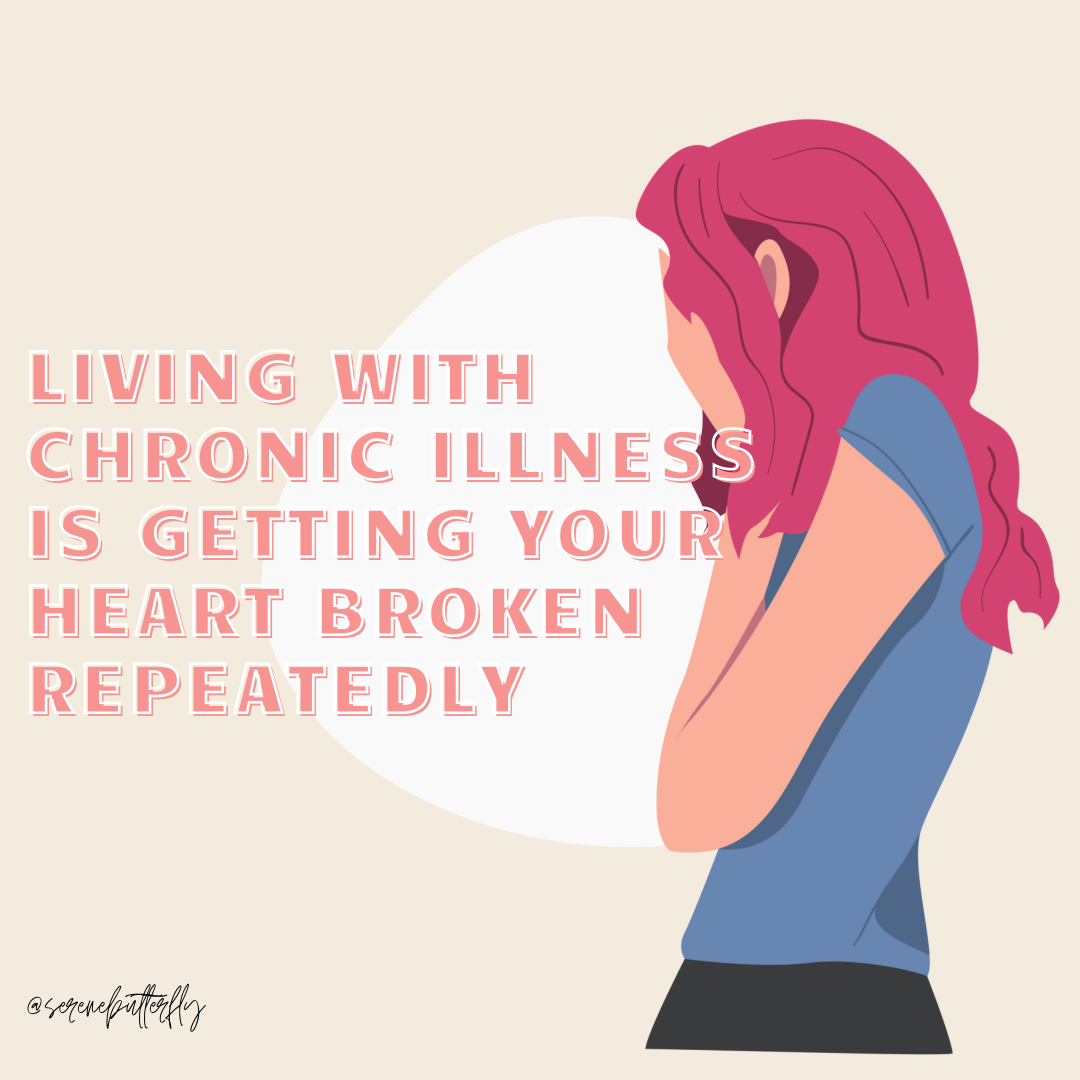
Life with a chronic illness is reliving heartbreak over and over again.
"Life with a chronic illness is reliving heartbreak over and over again." Click To TweetThe Heartbreak of Regularly Losing Your Freedom
It is heartbreaking knowing that this freedom from the worst symptoms accompanying chronic illness is only brief. As much as I enjoy a reprieve from the worst of my symptoms and enjoy the pleasure of reading and able to do what I want when I want, I know it won’t last. Soon, and sooner than I would choose, my entire existence will become besieged by crippling and disabling symptoms. And once again, I will find that I cannot participate in activities that bring me pleasure and joy, such as reading.
"Soon, and sooner than I would choose, my entire existence will become besieged by crippling and disabling symptoms. And once again, I will find that I cannot participate in activities that bring me pleasure such as reading." Click To TweetBut freedom is something that I can never truly have. This illness has locked me inside a sort of prison, now trapped within a body that no longer feels like my own. Imprisoned by a deep sense of isolation, everyone around me cannot understand the pain that dominates my being.
The isolation worsened by physical isolation as this illness has continued to prise people from my life. Or it has been a decision made by so-called friends as they failed or didn’t want to understand my illness and the devastating effect it has on my life. Even worse has been the suspicion that people in my life to the validity of my condition. Especially people who know me well and should know that I would never lie or contemplate faking being unwell. When I should be out having fun and living my life to the fullest, it is heartbreaking to find myself with no social life and very few friends.
The Scariest and Longest Ride That Is Chronic Illness
Chronic illness is like the scariest rollercoaster ride; it’s one that I desperately want to get off but cannot. Just like experiencing a flare, you desperately want for it to end. Deep down, you know that it will eventually end, maybe not today, tomorrow, or even next week, but it will end. And when it does stop, you know the ride will soon start all over again.
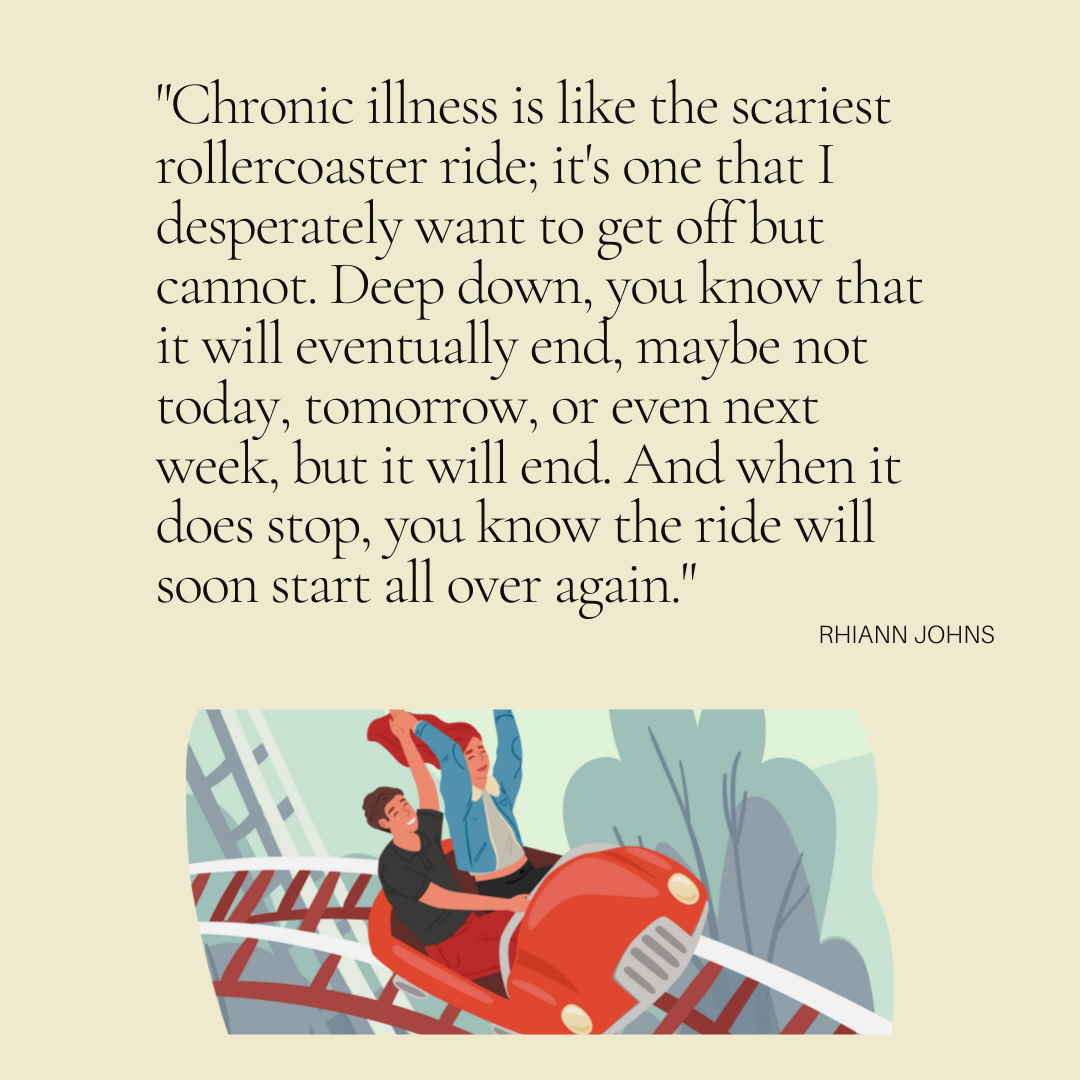
It is especially heart-rendering, never knowing what caused this current flare or why it’s happening; it just is. And there is nothing that I or anyone else I or anyone I can do to stop it. Instead, I am a victim to it, forced to withstand it.
"It is especially heart-rendering, never knowing what caused this current flare or why it's happening; it just is. I am a victim to it, forced to withstand it." Click To TweetEvery morning I wake, hoping things will be different. Each morning I hope that symptoms have miraculously eased during the time I spent asleep. And hoping that today the limitations will alleviate, allowing me some freedom from the constraints of FND. But every morning, I feel sad, heartbreakingly disappointed, and greatly disappointed that nothing has changed. Still, symptoms wreak havoc upon my body and limiting what I can do with my time.
As time rages on, so has the symptoms that affect me significantly every day. The hope that such symptoms will ease or retreat gradually dissipates. Decline not improvement seems to embody my experience of living with a chronic condition. The worsening of symptoms continually chips away at what I can do, eroding my self-confidence and identity. It’s heartbreaking to discover the remnants of what we used to be able to do, our identity, and our hopes and dreams in the rubble of our life before illness demolished it.
"It's heartbreaking to discover the remnants of what we used to be able to do, our identity, and our hopes and dreams in the rubble of our life before illness appeared and demolished it." Click To TweetThe Heartbreak of Losing Your Body and Self to Pain and Illness
Now, my body or my life no longer seems to be my own. Instead, my body now belongs to the limitations forced upon me by symptoms that I cannot control and certainly cannot extinguish. My life now belongs to the opportunities I cannot accept because my body refuses to cooperate. My body forever tethered to the medications that allow me to function. Pills that I don’t want but need to survive the ferocity of the symptoms that are always present.
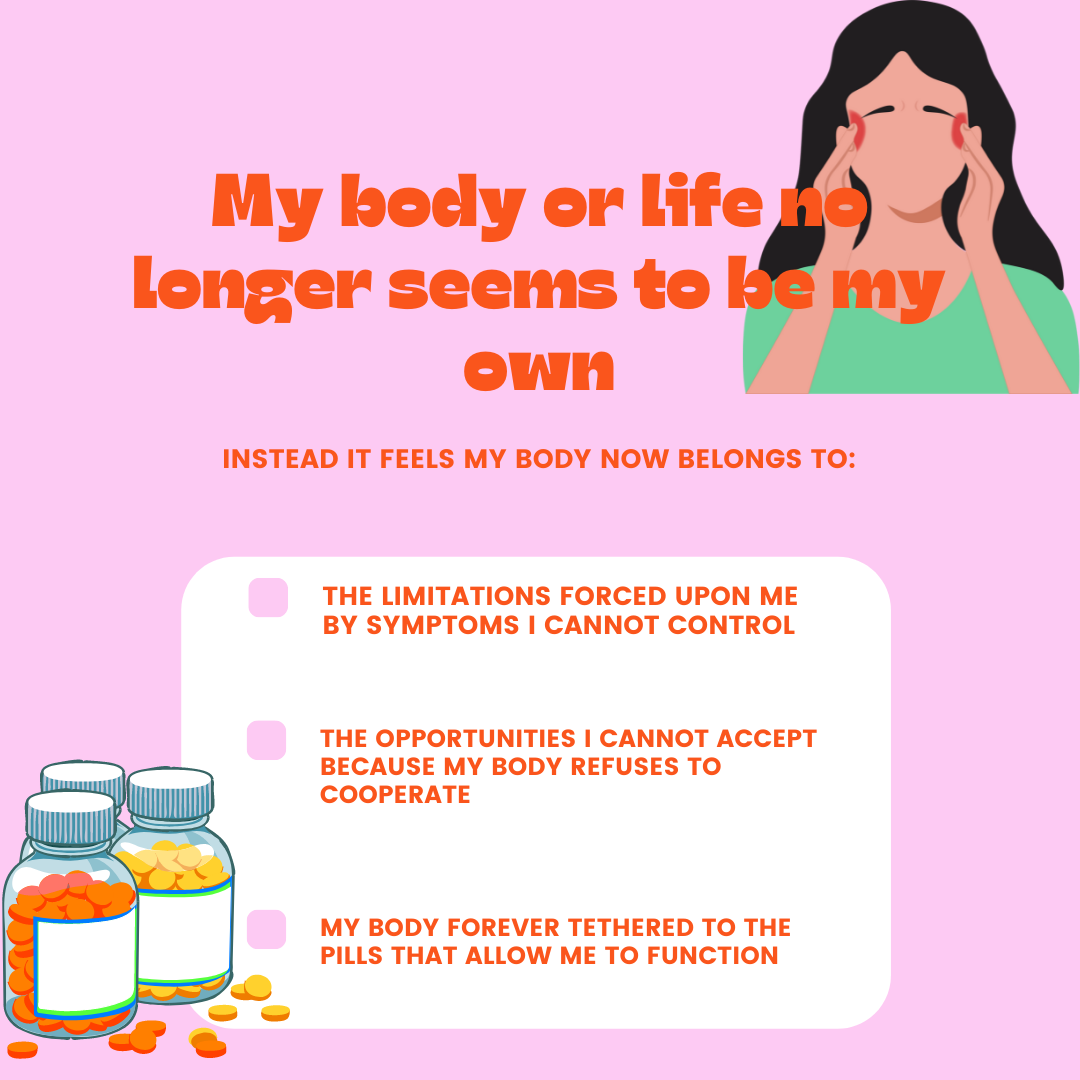
It is heartbreaking when I realise that such good days, days where the symptoms are mild and manageable or even non-existent, are scarce. It breaks my heart that most of my days are ones filled with excruciating pain, never-ending fatigue, and weakness that refuses to cease.
Not being in pain seems so far removed from my reality that it feels like it only exists in fairy tales. Trying to remember the feeling of not being in pain or besieged by other debilitating symptoms is like trying to recall the feel of the warm sun on your skin during the cold, dark months of winter. It’s trying to remember the excitement of being on holiday when back home amid the mundane, everyday life.

It is heart-rendering to realise that I can longer remember what it is to be healthy.
It is heartening being forced to relive the worst moments of living with a chronic illness
"And I do sometimes have great moments, beautiful days even. But still, I am in pain. And despite trying my best with doctors' appointments, different therapies and treatments, it still isn't enough." Click To TweetEvery day, however, I try my best. I try my best to do what I can and not become consumed by thoughts of what I cannot. Every day, I try to paint a smile on my face and find joy in the small pleasures that bring me comfort. And I do sometimes have great moments, beautiful days even. But still, I am in pain. And despite trying my best with doctors’ appointments, different therapies and treatments, it still isn’t enough. Often they don’t work or fail to relieve the symptoms as much as we wish they could. It is heartbreaking that I still am forced to relive some of the worst moments of living with a chronic illness despite it all.
"It is heartbreaking that I still am forced to relive some of the worst moments of living with a chronic illness despite all my best efforts to remain positive and persevere with treatments." Click To Tweet